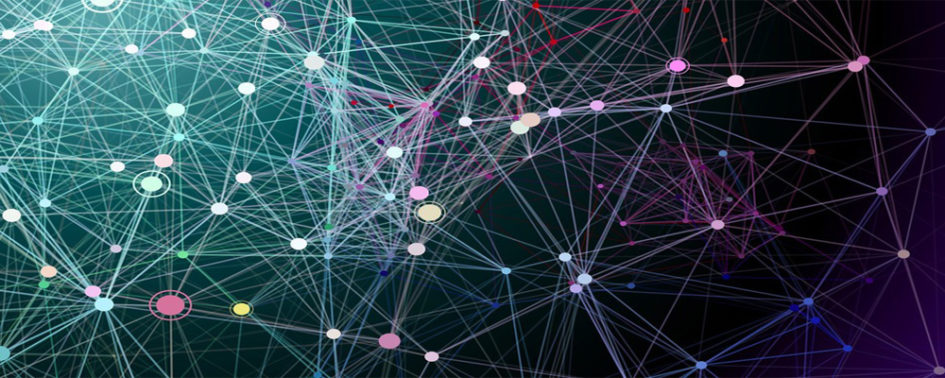Ubiquitous computing. Lots of data. Lots of complexity. Innumerable schemas. The solution? Big Data. Big Data essentially represents data sets that are beyond the scope of traditional data processing and management. The explosive amount of data on which the world operates has given way to web-scale computing in enterprises.It is the single most data trend that has taken the world of retail, healthcare, public sector and a myriad of other fields by storm. It is,indeed,the tech trend of 2013.

Big Data- The Game Changer
Petabytes and gigabytes of information have triggered a need to consider data options. This is where Big Data plunges in. Organization of data is consequential to effective analytics. Apache Hadoop primarily addresses this problem of structuring Big Data. Aiding it is Cloudera. The Hadoop map reduce model is one of the core components of this Apache framework.
It’s really become the de facto standard. I honestly expected Microsoft or Oracle or IBM to come out with something competing.I think that’s a credit to the open-source methodology. It’s doing something everyone can get on board with. Apache tries to make sure we have projects everyone can support.
– Doug Cutting. Creator, Hadoop.
Big Data identifies the unknown that subsequently becomes intelligent integration of information. It reduces uncertainty in consumer patterns. Bharti Airtel manoeuvres Big Data to improve monetization. So do Facebook,Wikipedia, American Express and Samsung among others. These biggies have maintained that it helps identify and gain insights into customer behavior and their profiling.
Despite the obvious benefits, Big Data does have its limitations :
- The question of Smart Data vs. Big Data does remain.
- Apophenia – It also tends to create patterns when none exist.
- Big Data also needs the right people to interpret it. Alas! These are but a handful.
- Ascertaining what database engines are prerequisite to a plethora of workloads.
- Over-estimation through statistics and the bursting of the bubble!
In the data ecosystem, exchange of data between data science and Big Data will be of soaring importance as data tools continue to emerge and grow.However, informed sceptics and data scientists agree that this is a field as fascinating as it is complicated.


